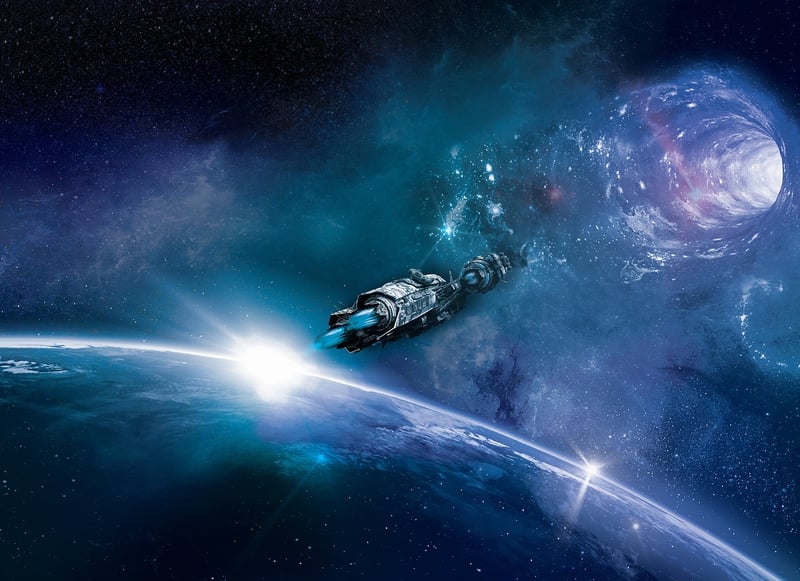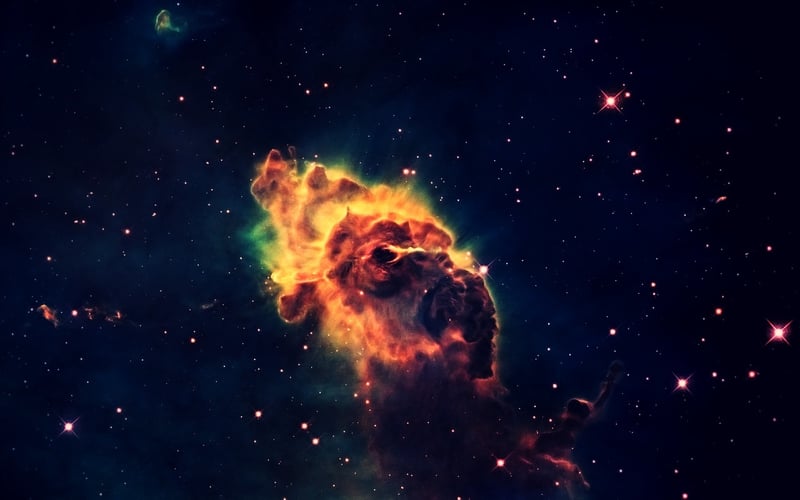Scientific Concepts
The Science of Time Travel: Mechanisms and Concepts
Time travel, a concept often explored in science fiction, has fascinated humanity for centuries. While it remains a subject of theoretical discussion in the scientific community, various mechanisms and scientific concepts have been proposed to explain the possibility of traversing through time.
Einstein's Theory of Relativity
One of the fundamental theories that forms the basis for understanding time travel is Albert Einstein's Theory of Relativity. According to this theory, time is relative and can be affected by factors such as gravity and velocity. The concept of time dilation suggests that time moves slower in stronger gravitational fields or at higher speeds.
Wormholes
Wormholes, also known as Einstein-Rosen bridges, are theoretical passages through spacetime that could create shortcuts for long journeys across the universe. By connecting two distant points in spacetime, wormholes could potentially allow for time travel between different eras.

Quantum Entanglement
Quantum entanglement is a phenomenon where two particles become interconnected in such a way that the state of one particle instantly influences the state of the other, regardless of the distance between them. Some theories suggest that manipulating quantum entanglement could enable communication across time, potentially leading to time travel.
Grandfather Paradox
The Grandfather Paradox is a thought experiment that raises questions about the possibility of time travel. It proposes a scenario where a time traveler goes back in time and prevents their grandfather from meeting their grandmother, thus preventing the time traveler's own existence. This paradox highlights the complexities and potential inconsistencies associated with time travel.
Multiverse Theory
The Multiverse Theory posits the existence of multiple parallel universes, each with its own set of physical laws and properties. Some interpretations of this theory suggest that time travel could involve moving between different universes or timelines, thereby avoiding the paradoxes associated with altering one's own past.

Conclusion
While the concept of time travel continues to intrigue scientists and enthusiasts alike, the practical realization of traversing through time remains a distant possibility. By exploring theoretical frameworks such as Einstein's Theory of Relativity, wormholes, quantum entanglement, and multiverse theory, researchers continue to push the boundaries of our understanding of time and space.
Whether time travel will ever become a reality or remain confined to the realms of imagination, the exploration of these scientific concepts expands our knowledge of the universe and challenges our perception of the nature of time.
